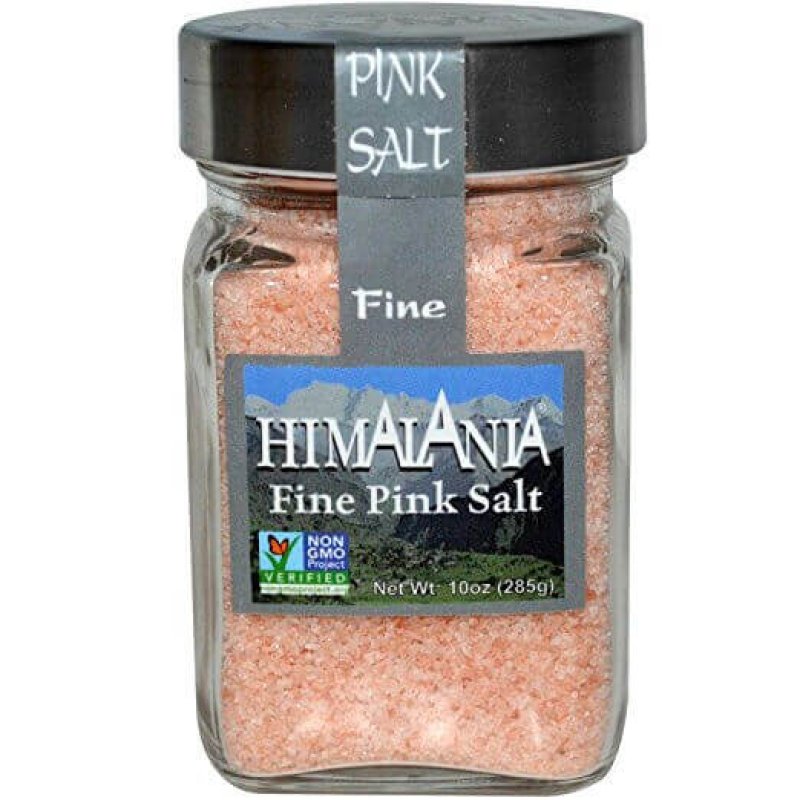There it was on the salt container label, the proud proclamation that the product inside was “non-GMO.”
I looked at the label a second time and then a third time, not quite trusting my eyes, before telling myself, “But salt doesn’t have genes. Of course it’s not genetically modified. Why bother labeling it non-GMO?”
Then I realized why: some consumers will pay extra for anything labeled non-GMO — and some food companies are happy to sell it to them at the higher price. Salt, though an extreme example, reflects this powerful and growing trend that affects both farmers and consumers.
…
Though I’m not interested in telling farmers or consumers what to do, I have two concerns.
The first is the impact of higher-priced, non-GMO food on people, especially families, with modest incomes.
…
I’m also concerned by what the glut of non-GMO labels reveals about Americans’ scientific literacy, or the knowledge of scientific concepts required for personal decision-making. Yeah, I’m an ag journalist. I’m supposed to know a fair amount about crops and food. But some of these things are so basic and self-evident that they should be common knowledge.
It’s a sad day for our society when we have GMO-free labels on salt containers.
Read full, original post: A sad day for our society when salt is labeled non-GMO































